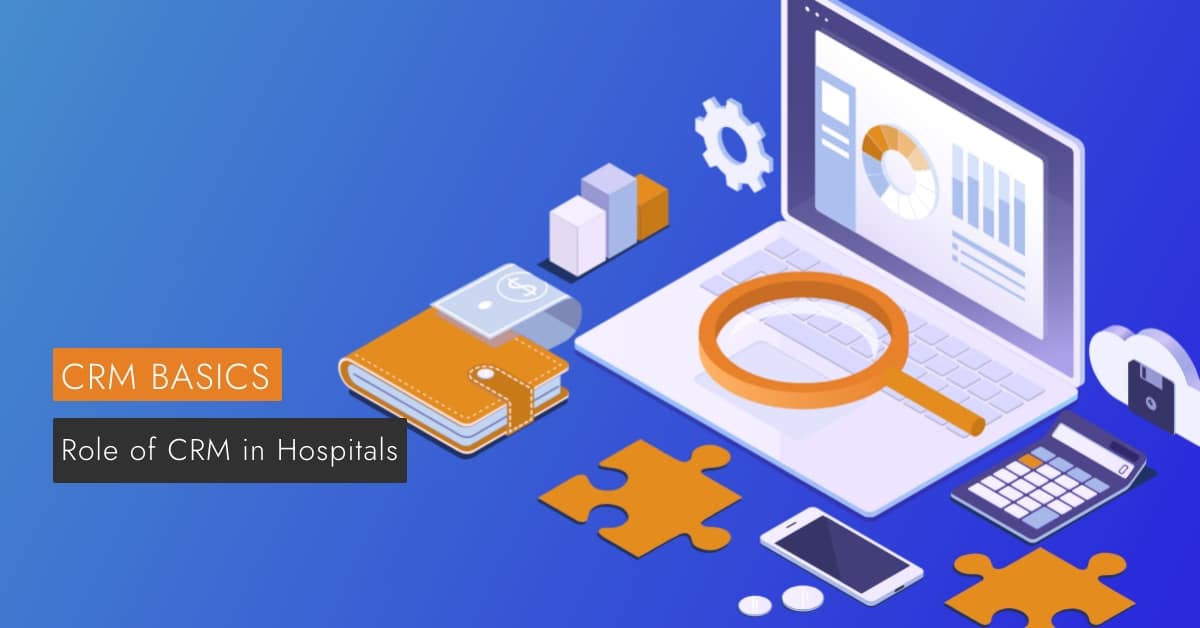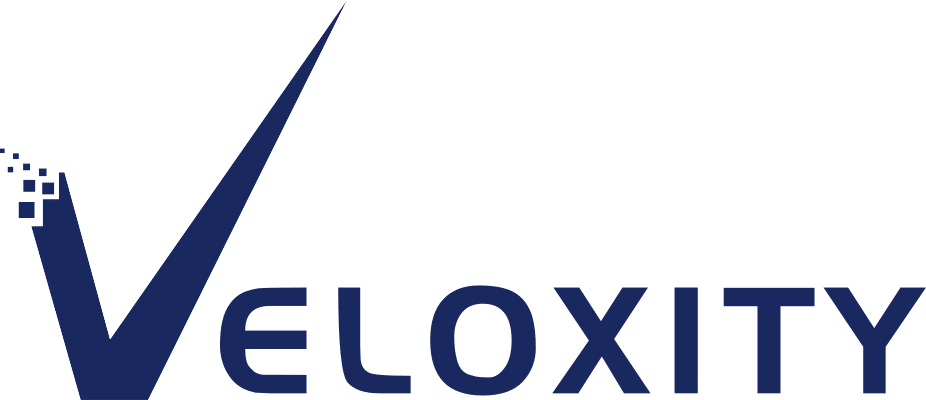Role of CRM in Hospitals: What Every Hospital Administrator Needs to Know

As a hospital administrator, you undoubtedly have a number of responsibilities. In addition to managing your budget, you need to make sure your patients are receiving the highest level of care.
What is a CRM within the Healthcare Industry?
CRM systems began back in the late 90s, and ever since they have been helping businesses maintain relationships with their clients. In the modern age, customer relationship management isn’t just a thing for maintaining clients anymore and even the healthcare industry benefits from their usage.
Medical institutions use CRM systems which have been specifically designed for them to use, which caters to the likes of hospitals, laboratories, medical centres as well as public or private clinics. A CRM within a healthcare environment will allow the institution to manage medical history, visits, bills and so on. An online medical portal can also be created through some CRMs allowing patients to create and track medical appointments.
One of the bigger benefits is that most CRMs within the healthcare industry allow the institution to monitor everything through metrics & reporting, and can be tailored to show insights into how a clinic or lab is functioning on a set-time basis.
What Is An Example Of CRM In Healthcare?
While CRM systems are widespread and used within many different industries, there’s not a massive amount of publicly available CRMs for healthcare, as most institutions tend to employ professionals to create entirely bespoke systems for them.
One of the most recognized platforms out there is Salesforce Health Cloud. Health Cloud is a comprehensive solution offered by the experts over at Salesforce, which is primarily aimed at healthcare organizations which wish to differentiate themselves through offering patients an experience like no other. Health Cloud enables clinics the ability to establish a one-on-one relationship with patients, as well as help attract newer ones.
Health Cloud is special in the sense that it allows for the creation of extensive patient profiles, allowing clinics to form an in-depth analysis of patients conditions, all using einstein-based analytics. What this means is that it’s possible to view real-time information from medical apparatus remotely, such as glucose monitoring devices, all from within a patients unique profile.
The technology also makes it possible to divide patients into groups based on their medical problems. Furthermore, Health Cloud provides a secure platform for storing electronic health records for patients and making them available to all authorised parties.
Some suppliers use Salesforce consultancy to better adapt the system to their needs.
What Are The Advantages Of Having A CRM Software In Healthcare?
The benefits of using CRM systems are well known within the majority of industries, but many people don’t know or even comprehend the advantages that come from employing a CRM within a healthcare organisation. Some of the following we touch on here:
CRM usage can assist with compliance and security efforts
When it comes to security within the healthcare industry, it is of utmost importance to the majority of institutions, after all, you wouldn’t want patients’ sensitive data to fall into the wrong hands. Until recently, there were even practitioners which kept transferring data of patients in a non HIPAA-compliant way.
Aids in internal and external communications
Poor communication riddles the health industry, whether that be between doctors and patients, or doctors and labs. There’s also instances where a patient’s medical history needs to be refilled several times over at different providers. There is also poor communication among healthcare staff where doctors and nurses have to wait extensive periods of time just for a response for certain things.
There are even some situations in which medical staff are using their personal, private mobile phones to carry out work-related communications, these devices are not secure and tend to be easier to hack. Not only that, messengers such as Skype, Messenger or WhatsApp aren’t H
In some situations, medical staff are using their private mobile phones for work-related communication, while those devices are not secure and easy to hack. Messengers such as Skype and WhatsApp are not HIPAA-compliant and cannot be used to transfer medical data.
Just making use of a CRM alone can aid in remedying these non-secure workflows of communication. This tool serves as a well-protected, but centralized hub specifically for efficient record keeping.
Supercharge your financial workflows
Healthcare CRM may gather and update a patient’s financial information, as well as create bills. It also contains analytical capabilities that provide real-time tracking of payments and allow the healthcare institution to set up automatic reminders if payments are not received on time.
A custom built CRM implemented properly can be the perfect tool for managing and taking care of doctors schedules. An example of this is finding one of the most suitable appointment slots based on location and the nature of the appointment, allowing for this functionality can also expand to the rescheduling of appointments and even sending out notifications to patients too.
What Are The Drawbacks Of Medical CRM?
While CRMs are amazing tools, they don’t come without their drawbacks. Afterall, customer relationship management systems are extremely complex systems which take an awful lot of time and resources in order to design and develop.
Furthermore, it can take even more time to set-up and then train employees to work with it, there are even cases where you might need to conduct education workshops just so personnel can actually use the software.
However, the efforts spent are extremely worth it in the end, as CRM solutions can automate a lot of processes which are more often than not time-consuming.
How To Choose A Medical Crm System?
Choosing the right software for your clinic is no easy feat, it will be one of the most critical decisions any healthcare institution can make. Not only must it fit into the composition of the organisation, but it also needs to integrate data from supply, billing, payments and other sources too.
There are a number of concerns that must be noted before you make your final decision. One of the most pressing concerns is that users will need to learn how the system works. This is where an IT specialist will need to come into play in order to train medical staff to understand the mechanics of the software in order to best assist patients who are also struggling to use it.
Another concern is the identification of items to be automated, one of the primary things here is recording patients data in a HIPAA-compliant cloud repository, along with managing physicians appointment schedules too. Your requirements will help determine the best solution to opt for.
A challenge a lot of healthcare organizations are faced with is learning how to integrate the software properly with other applications so they all run seamlessly, whether that is the record-keeping of payroll management or just integration with the clinics website.
So, how does a clinic make the right selection? Well, typically an organisation should follow these basic steps to determine the right software to use:
- First, research the current CRM climate, you must understand the technologies, trends, features and all associated costs that may arise.
- Plan out a list of potential candidates, list down their qualities and look for the one that has the most ease of use, customer service and integration. It’s important to make sure that the providers can meet your requirements.
- Enquire about demos of the CRM systems, ask any possible question you can think of especially the advantages and disadvantages, do your own research too if you must.
- Check out the background of the companies offering the services and compare independent reviews that are available online. Look for anything that may be a red flag before you opt into any subscription.
In conclusion
CRM software requires heavy investment of both time and money, however this initial investment will eventually pay off in the long run, you will be able to optimise your clinic and attract more patients through making interactions much simpler.
While there are plenty of ready-made solutions available out of the box online, there’s still merit in developing a bespoke CRM system that fits your needs like a piece of a puzzle.
It’s imperative however, that you make sure the CRM you have chosen for your healthcare institution is tailored not only to all healthcare organisations but also specifically just for you too. Achieving this will involve communicating with the software development company or CRM provider continuously and openly.
